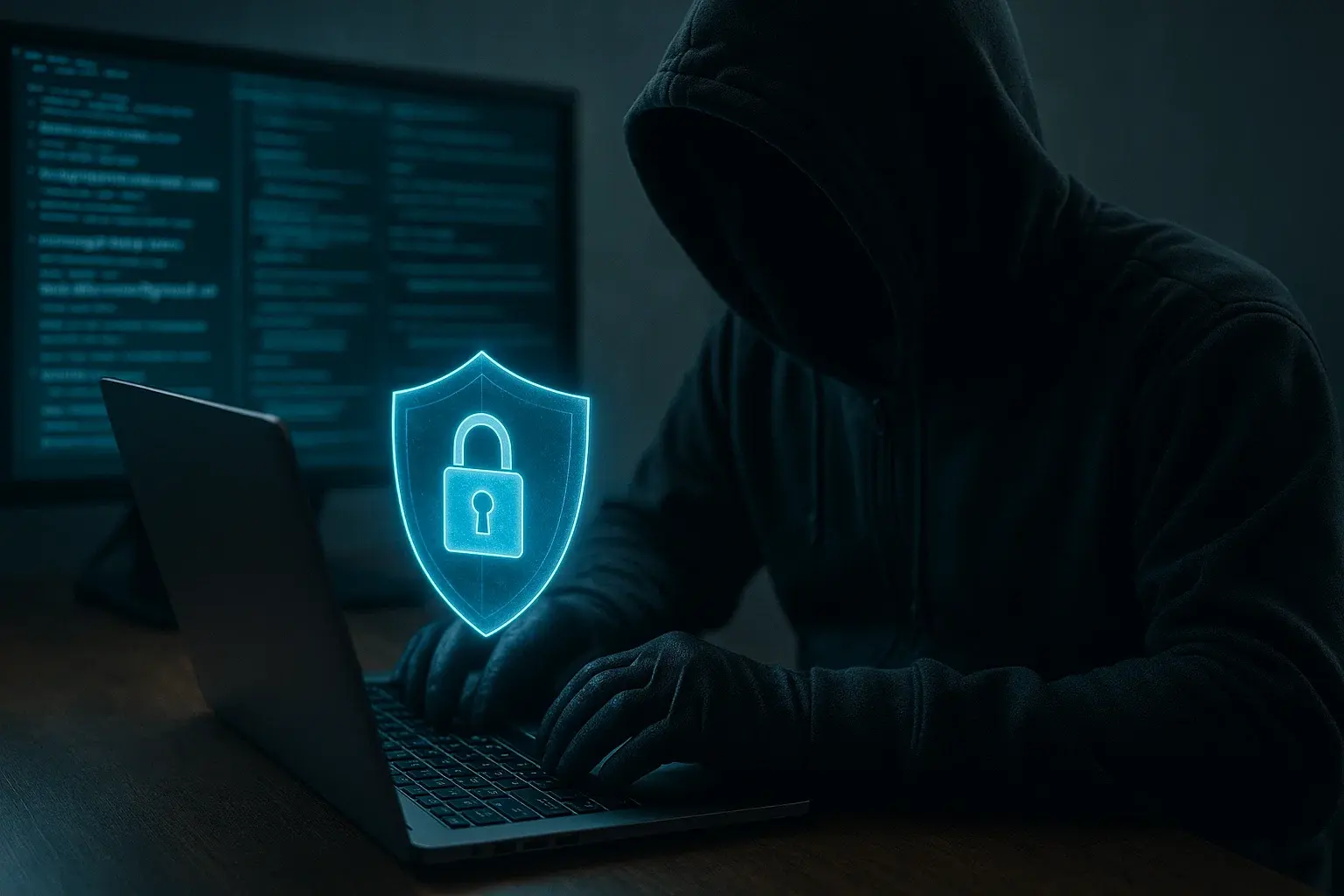The possibility that your data is circulating on dark web forums or Telegram channels is more real than you'd like to admit. And no, it’s not just about downloading something suspicious or falling for phishing scams. Often, it happens due to something completely out of your control: a mass breach at a company, poor data handling, or an institutional security failure.
Each year, nearly 3 billion passwords are leaked globally. That means there are more exposed passwords than people on the planet. Realistically, not all of those belong to careless users. The truth is, more and more cybercriminals are targeting public and private organizations to steal entire databases.
At TecnetOne, we see this every day: no one is exempt. But you can be prepared. Here's how to find out if your data has been exposed—and what tools can help you defend yourself.
Why Might Your Data Be in Criminal Forums?
If you’ve ever used your email to create accounts, shop online, apply for jobs, or simply browse social media—your data is already part of the internet. And sometimes, it ends up in places you never wanted.
Cybercriminals typically steal:
- Company databases
- Employee credentials
- Full user lists
- Leaked emails and passwords from mass breaches
Most of this data ends up in:
- Dark web forums
- Telegram dump channels
- Databases traded among criminal groups
According to the latest Huntress report, over 2.8 billion passwords were published on criminal forums last year alone. This is largely due to our tendency to reuse passwords across platforms, which attackers exploit to scale their attacks.
The Cost of a Data Breach Goes Beyond the Personal
On a personal level, a breach can lead to:
- Account hijacking
- Identity theft
- Extortion
- Access to your financial data
- Fraud in your name
At the enterprise level, companies also suffer. According to IBM’s 2025 Cost of a Data Breach report, the average breach costs $4.88 million. Even though this figure has dropped slightly from the previous year, it remains massive. And when organizations pay the price, their users often pay too—directly or indirectly.
So even if you protect your password, your data could still be exposed because a company failed to protect it. That’s when it’s time to act.
Learn more: Top 5 Russian Forums on the Dark Web
How Can You Know If Your Information Was Leaked?
Fortunately, there are tools to check if your data has been exposed. The most well-known is: Have I Been Pwned
Enter your email and it will show whether it appeared in any public breach. It’s quick, free, and useful.
If you want deeper insight—especially if you manage corporate data or are responsible for cybersecurity—there’s a more advanced tool:
Darknet Search: A Powerful Tool to Monitor Criminal Forums
Darknet Search, built by Swiss company Kaduu AG, offers more than just breach notifications. It lets you inspect forums, dumped files, and full databases circulating in the dark web.
What you can do with it:
- Search for past and ongoing breaches
- Set alerts when your data appears in new leaks
- Search by multiple parameters:
- Corporate emails
- File names
- Leaked URLs
- Password dump text files
- Credit card logs
- Full domains
- Scan for social media profiles
You don’t need to be a hacker to use it, but it’s especially useful for those in cybersecurity or digital investigations.
A Real-Life Example
Imagine you work at a government agency in Spain. One day, that agency suffers a cyberattack exposing its entire employee database. How do you know if your data is part of the breach?
A simple domain search on Darknet Search could instantly reveal:
- Full employee email lists
- Plaintext passwords
- Dates of the breach
- Files traded on forums
This is not hypothetical: real leaked files from the Government of Spain have shown up on the platform.
For an employee, this could mean:
- Legal risks
- Reputational damage
- Personal exposure
- System-wide compromise
And this happens daily across all sectors: education, healthcare, logistics, banking, energy, and e-commerce.
Similar titles: Major Dark Web Search Engines in 2025
What Can You Do to Protect Yourself Today?
At TecnetOne, we recommend:
- Change your passwords regularly
And don’t reuse them.
- Enable two-factor authentication
It’s one of the most effective defenses.
- Monitor your data with specialized tools
Don’t wait for a criminal to notify you.
- Use a password manager
Simplifies your life and reduces risk.
- Avoid sharing sensitive data unnecessarily
Less exposure = less risk.
- If you manage business accounts, demand audits
Security begins with accountability.
Final Thoughts
Living in a digital world means your data could fall into the wrong hands even if you do everything right. That’s why the real defense isn’t fear—it’s awareness, better habits, and proactive tools.
A strong digital identity is not a luxury—it’s a necessity. With the right resources—from security alerts to dark web monitoring—you can turn a potential threat into an opportunity to strengthen your defenses.
At TecnetOne, we’re here to help you protect what matters most: your data, privacy, and peace of mind in a world where cyberattacks never sleep. Want to start securing your digital footprint? We’ve got you.


